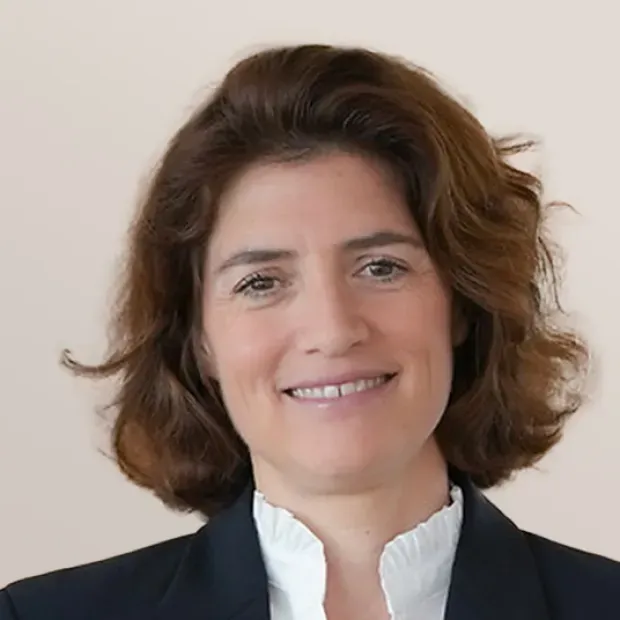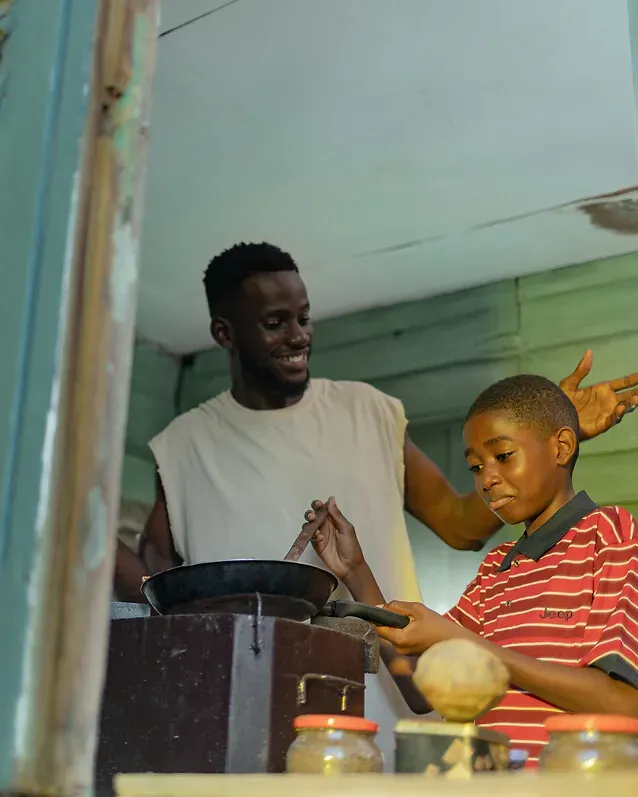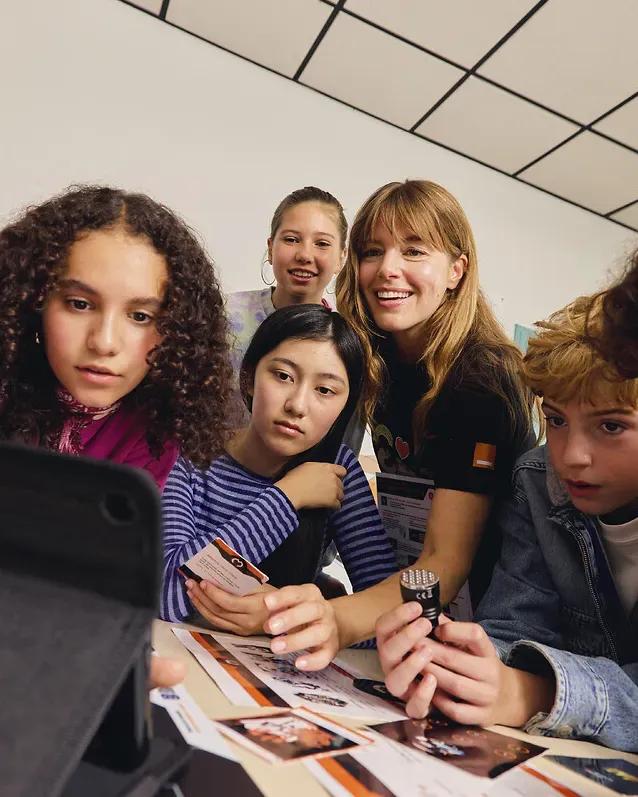Our values are the foundation of our culture and guide what we do every day.
That’s why our teams try things out and learn together, and why our managers are there to listen. Through programs like Hello Women, the Women UP in Tech talent track and our network of female role models, or through training such as Leading@Orange, we’re helping women in tech shine even brighter.
Young people are also a key focus: we run mentoring initiatives in priority neighborhoods and support opportunity groups like Proxité, and Énergies Jeunes. And for everyone at Orange, our Voice Up employee survey makes sure every voice is heard, helping us to improve quality of life at work and strengthen collective engagement.
The result: 81% of our employees are proud work at Orange, supporting our belief that a responsible and meaningful digital world starts with fulfilled, engaged people.
Grow and evolve
From your first day, you’re supported to take ownership of your own journey. With personalized learning paths on Orange Learning and mentoring from experienced experts, you can develop new skills and shape your future.
Whether you want to change roles, explore another country or take on a new challenge, the choice is yours. Orange offers around forty internal mobility programs to help employees move into future-focused roles in areas such as data, cloud and cybersecurity.
We nurture talent, encourage growth, and give everyone the tools to build a career full of opportunities.






